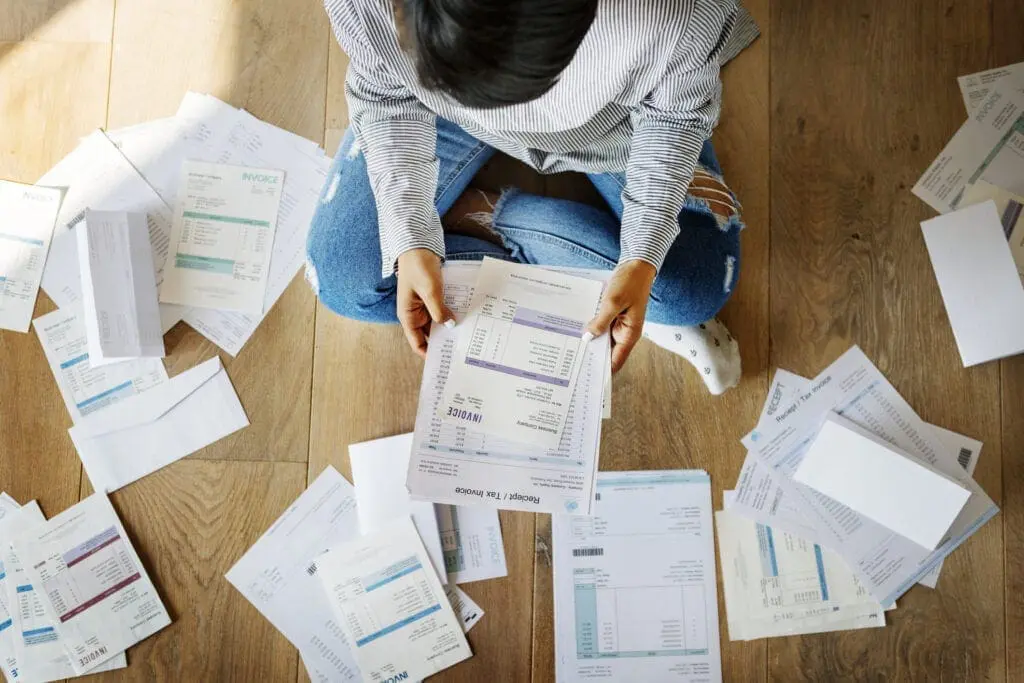Collection laws by state:
Do you know the law on debt collection? The Fair Debt Collection Practises Act (FDCPA) has been around for nearly 35 years. The FDCPA is a federal law. This means it applies to every state, protecting everyone. The FDCPA aims to eliminate abusive practices largely associated with the collection of consumer debts.
The aim is to provide consumers with an avenue to dispute the debt and obtain validation of debt information. This allows consumers to fact-check information to see if it is accurate and promotes fair debt collection.

The FDCPA affects how debt collectors may conduct business and protect consumers' rights who are involved with debt collectors. The FDCPA can prescribe remedies for violations along with penalties for any practices it deems to be outside their rules of what a debt collector can and can't do while collecting a debt.
What Practices Are Off Limits For Debt Collectors?
Debt collectors must not lie when trying to collect a debt. It is illegal for debt collectors to:
- Claim to be an attorney or government representative,
- Claim you have committed a crime. If you have not,
- To falsely claim they work for a credit reporting agency,
- Misrepresent the money you owe,
- Lead you to believe any paperwork they send you is legal or
- Indicate that the legal forms they do send you are not legal forms.
In addition to not being allowed to make the above false statements, the FDCPA prohibits debt collectors from saying:
- You will be arrested if you do not pay your debt as stated in Debt Collection Law.
- They will seize, garnish, attach or sell your property or wages unless they are permitted by law to do so and intend to do so there and then.
- State that legal action will be taken against you specifically if they do not want to do so.
Debt Collectors cannot:
- Give out false information about you to anyone, including credit reporting companies.
- Send official-looking documentation that contains debt collection law from a court or a government agency if it isn't a genuine official document.
- Use a false company name.
Debt collection agencies may not engage in unfair practices when trying to collect a debt. Unfair practices include:
- Increasing interest, fees, or other charges to your debt and trying to collect this extra money. Debt collection agencies may only add these collection practices if state laws or your original contract for the money you owe allows it.
- They are not allowed to deposit a post-dated check earlier than the date stated on the check, or
- Threaten to take your property if no legal channel for this allows them to do so.
Suppose a debt collector has harassed you, called you excessively, threatened you, called you at work, disclosed your debt to a third party, tried to collect a debt from you that you did not owe, or left you a voicemail message without the proper disclosures. In that case, the debt collection law will protect you as a consumer.
According to the Debt Collection Law, a debt collector who violates any clause of the FDCPA is liable for actual damages, punitive damages, and statutory damages up to $1,000.00. A fee-shift clause is also included in the FDCPA. This ensures that the collection service will cover the legal fees and expenses.

